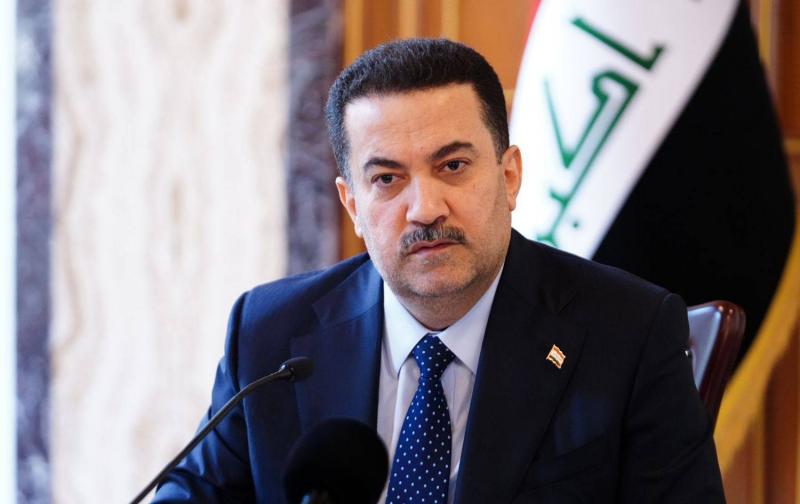Iraq is experiencing a division regarding its role in the Gaza war; in contrast to the enthusiasm and warm welcome from the Shiite armed factions linked to Tehran and aligned with the Resistance Axis, the speech from Hezbollah's Secretary-General Hassan Nasrallah was met with political coldness and faced numerous implicit criticisms at the popular level, particularly on various social media platforms.
Many were offended by the speech, believing that Nasrallah seeks to "entangle Iraq in a new military conflict" in a country that has barely recovered from its long-standing bloody conflicts, especially when Nasrallah praised the behavior of the armed factions and described it as "wise" following these factions launching rocket attacks on bases and camps where American soldiers are present. These attacks are seen by a wide range of political and popular sectors in Iraq as a means to undermine the country's security and stability.
While social media, particularly those platforms hosting anti-Resistance Axis sentiments, was filled with mockery and rejection of Nasrallah's statements, there was a clear political coldness regarding his speech. It was "implicitly rejected" by Prime Minister Mohammed Shia’ al-Sudani and other politicians. During the seventh conference of ambassadors held in Baghdad, al-Sudani stated that "the government is the one that decides Iraq's position on any regional event or circumstance, and it is responsible for making major decisions according to the constitution and in line with the higher interests of the Iraqis," in a clear indication opposing the armed factions' desires to drag Iraq into the Israeli-Palestinian conflict.
Shortly after the Prime Minister's remarks, the Victory Alliance, led by former Prime Minister Haider al-Abadi, expressed its full support for al-Sudani's position, stating in a communiqué that "it supports and backs the position of the Prime Minister, asserting that the Iraqi state is responsible for making major decisions based on the interests of its people." It added that "Iraq, with its religious references and governmental and constitutional institutions, is the one that leads itself, determines its interests, and manages crises of all kinds, while preserving and balancing its internal and external obligations and national interests."




